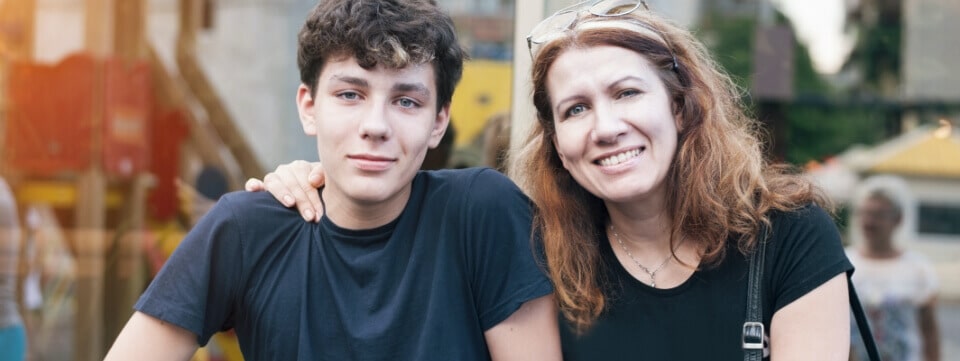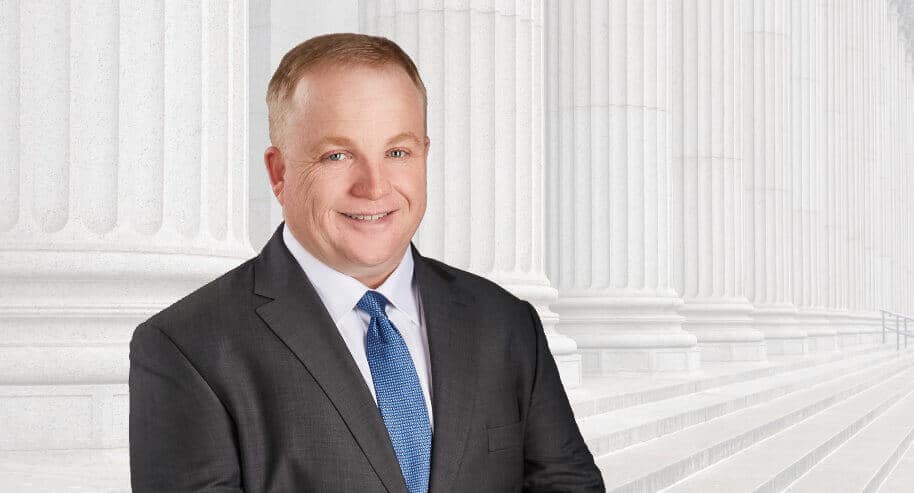
Children rely on adults to provide them with a place to live, food, clothing, and many other necessities. When the needs of children are not being met by their parents, a legal guardian is sometimes an option.
The guardianship process can be complicated and requires completion of many forms, court hearings, and periodic reporting to the court. With the help of an experienced North Carolina guardianship attorney, you can navigate the court system and become the guardian of a loved one who is in need.
Call Breeden Law Office today at (919) 661-4970 to find out how he can help you become a legal guardian.
Although a relative is the preferred guardian for a child, a legal guardian may also be a friend of the family, corporation, or public agency, such as the North Carolina Department of Health and Human Services. A person with an extensive criminal background may not become the guardian of a minor.
In order to become a guardian, you must complete an application with the Clerk of the North Carolina Superior Court in the county of the child’s residence. There are also court costs and fees to be paid. You must indicate which type of guardianship you are seeking:
Once the appropriate documents are filed, the Clerk will set a hearing and will invite all interested parties to attend. Minor children are typically appointed a guardian ad litem who will represent their interests during the proceedings and make recommendations to the court.
A child’s parents may also be involved in the hearings if they are still involved in the child’s life. Unlike adoption, parental rights do not have to be eliminated during a guardianship.
The key difference between being a legal guardian and having legal custody is in regard to the child’s parentage. Custody describes a biological parent caring for a child, but guardianship is given to someone other than a biological parent. In some cases, a child may even be under the guardianship of one person while in custody of a parent.
Adoption is the legal process by which an adult becomes the permanent, legal parent of a child by severing the previous legal parent-child relationship. Guardianship, on the other hand, is when a person is responsible for the care and well-being of a child, but the child’s parents maintain their rights.
Temporary guardianship, as the name suggests, is not meant to last forever. It’s intended to meet a specific goal and usually comes with a time limit. Permanent guardianship creates a more stable, long-term environment by giving the guardian the same authority as a parent. However, the legal relationship expires when the child becomes an adult.
A temporary guardianship can sometimes change to a permanent guardianship. In most cases, a temporary guardian can request full guardianship if the parents are still unable to care for the child and likely won’t be in the foreseeable future.
Guardianship laws may vary, but a judge usually transfer guardianship of a child to protect the best interests of a child. Common examples include:
A guardian of a minor is responsible for the actual needs of the child. The guardian may not make decisions that are not in the child’s best interests. Guardians are responsible for making decisions including, but not limited to:
All guardianships listed above end when the minor turns 18. A guardianship will also end if the guardian resigns. The court can remove a guardian if the guardian is not making sounds decisions on behalf of the minor, is not taking proper care of the minor, or is mismanaging the minor’s assets. The court will also take action against the guardian in certain situations. For example, if the guardian can be removed or otherwise reprimanded if they:

Becoming a guardian to a child in need can be a very rewarding experience. It is also a task that comes with many responsibilities. Minor guardianship attorney Jonathan Breeden can answer your questions regarding the guardianship of a child.
Call Breeden Law Offices today at (919) 661-4970 to get started.
Call Breeden Law Office today:
Call (919) 661-4970